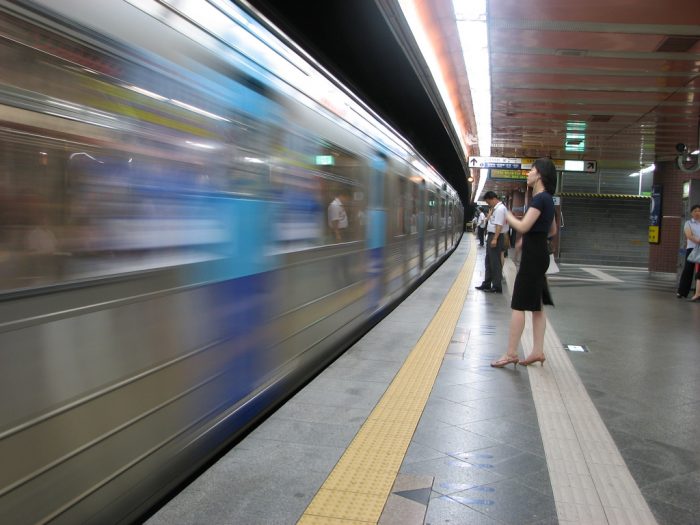
With political power shifting first from the military to civilian government, and from conservative to progressive parties, and then from progressive parties to conservative parties, the consolidation of South Korea’s democratic political culture continues, write Qian Gong, of University of Leicester, and Gary Rawnsley, of Aberystwyth University.
The article explores the perceptions of media freedom and responsibility by journalists and politicians in South Korea during the presidency of Roh Moo-huyn (2003–2008). The study is based on interviews with journalists and politicians. Both, journalists and politicians, consider country’s media democratisation positive. However, some specific legacies and economic conditions kept the political press partially shackled.
More worrying concerns for the consolidation of democratic political communication in post-transition South Korea are the sensational and hyper-adversarial media. The authors conclude that the democratic transition in South Korea resembles ‘a circle rather a straight line’.
The article “Media freedom and responsibility in South Korea: The perceptions of journalists and politicians during the Roh Moo-hyun presidency” was published by Journalism. It can be found here.
Picture: Seoul Station by Ian Muttoo, licence: CC BY-SA 2.0